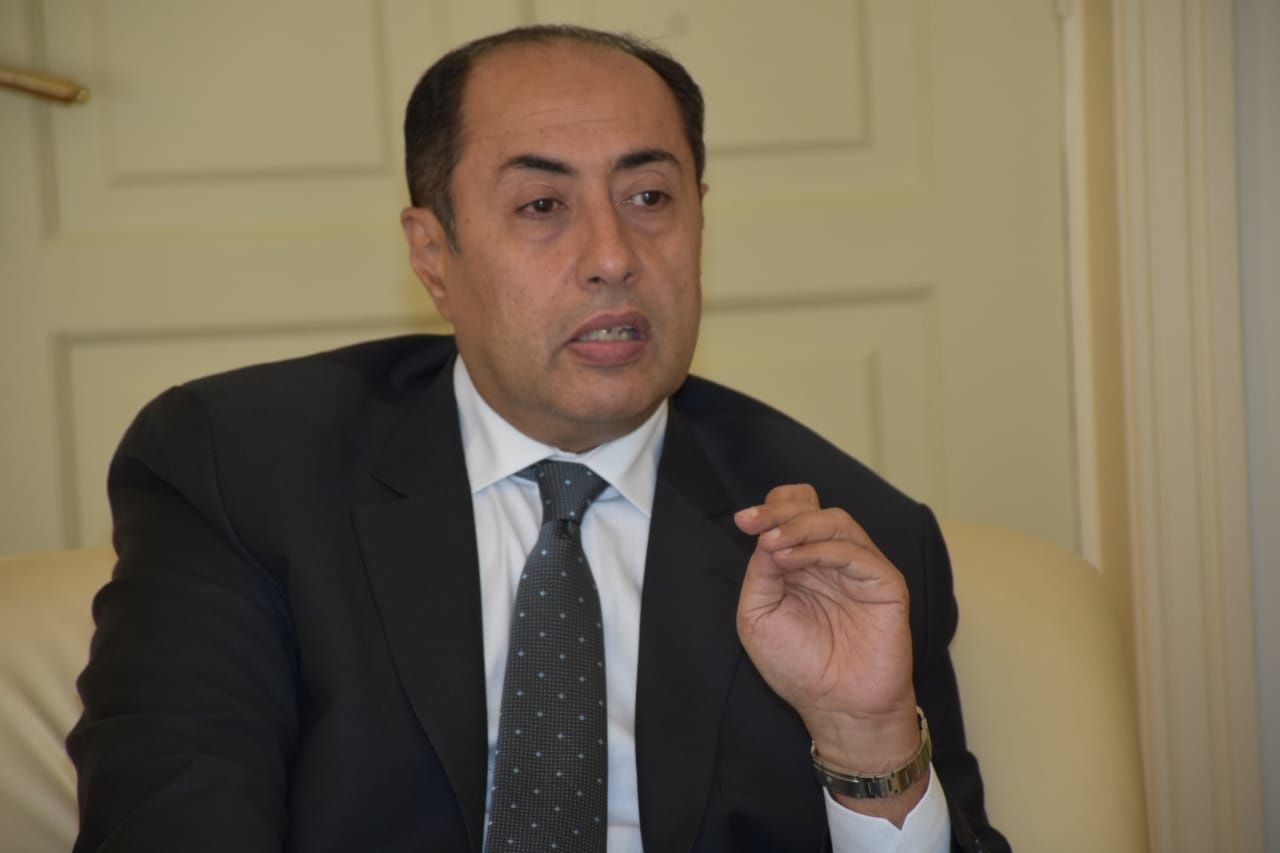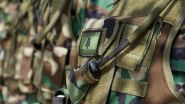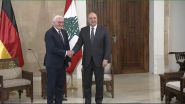
Deputy Secretary-General of the Arab League, Ambassador Hossam Zaki, said that his visit to Beirut comes within the framework of the Arab League's support for the Lebanese state's efforts to extend its sovereignty over all its territories and place all weapons under its control.
During a special interview with a Cairo News correspondent in Lebanon, he added that "the Lebanese government's decision to task the army with preparing a plan to implement the principle of arms exclusivity is fully consistent with the decisions of the Arab summits," noting that "the Arab League was quick to support it."
He called on Arab and non-Arab countries to provide meaningful support to the Lebanese Army, stressing that "the League has never hesitated to provide moral and political support to the Lebanese Army." He noted that the League, as a political organization, lacks the means for military support but continues its efforts to mobilize regional and international backing for the Army.
He added, "If an international conference is held to support the army, the Arab League will welcome participation and seek to create the necessary momentum to encourage countries to provide the assistance needed to support Lebanon's stability and preserve the safety of its people."
He pointed out that the internal repercussions of the decision, accompanied by media squabbles and sharp tensions in political discourse, prompted the Secretary-General's envoy to visit Lebanon to express the Arab League's support for extending Lebanese state sovereignty and restricting the use of weapons, as well as easing political tensions. He stressed that the Arab League reiterates its support for Lebanon in its ongoing calls on the US mediator to pressure Israel to abide by its commitments, stop violating Lebanon's sovereignty, and end its continued occupation of Lebanese territory.
He emphasized that the disagreement over the principle of arms control lies in the implementation mechanism, not in the objectives. He added that he sensed understanding and support from Parliament Speaker Nabih Berri for placing all weapons under state authority, while noting Berri’s operational and time-related reservations given the complexities of Lebanon’s reality. Zaki pointed out that his meetings with Lebanese officials reflected a clear consensus on the need to reject sectarian rhetoric, reduce the tone of escalation, and cease any political or sectarian incitement. He said, "There is an awareness among everyone that this type of rhetoric could drag Lebanon into dangerous situations that we do not want the country to witness."
Regarding his meeting with Army Commander General Rodolphe Heikal, Zaki described it as an excellent encounter, noting that it was "the first time he had met General Heikal, whom he considered an important military figure, especially since he had previously commanded the South Litani region, which gave him a thorough understanding of the situation there."
Zaki said, "I listened to the military commander's vision, which is realistic and serious, reflecting the challenges facing the Lebanese Army in light of the many tasks entrusted to it." He emphasized that the Army is committed to implementing political directives and is working within the framework of state-building.



Comments